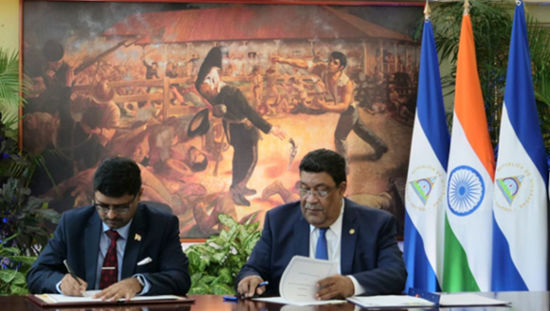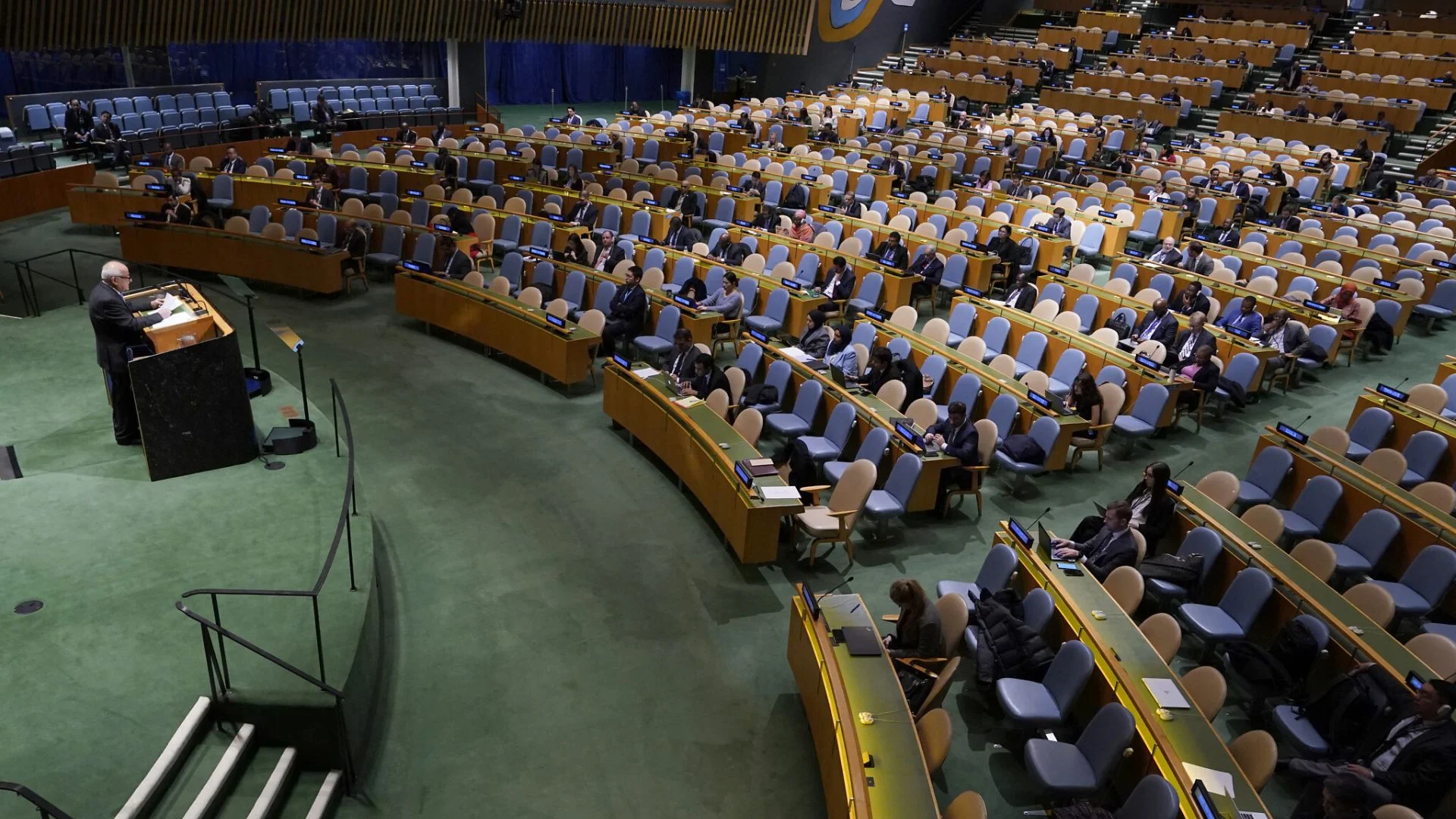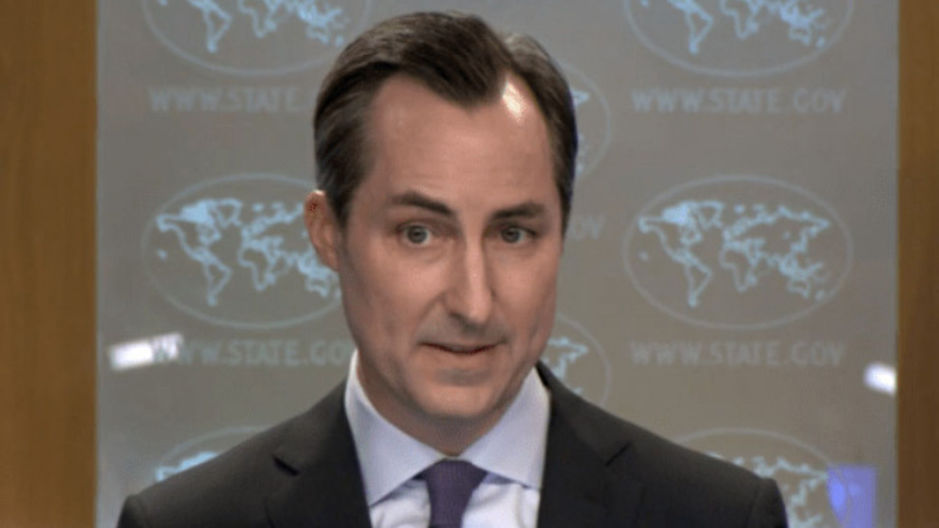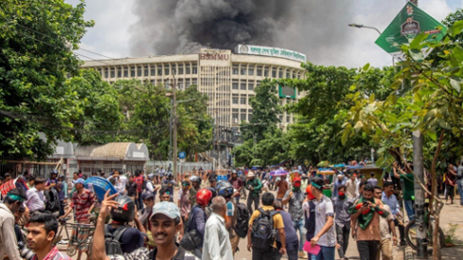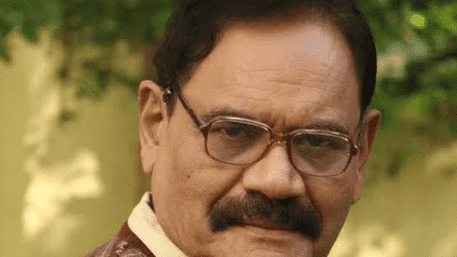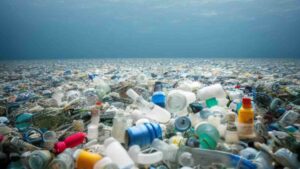Negotiators at the final round of talks for an international treaty to combat plastic pollution are bracing for intense debate on the concluding day of discussions. Over 100 countries advocating for a treaty that includes limits on plastic production are at odds with a handful of oil-producing nations pushing to focus solely on waste management.
The fifth and final session of the UN Intergovernmental Negotiating Committee (INC-5) is expected to conclude in Busan on Sunday, though no final plenary session has been scheduled as of Sunday morning. If successful, the treaty could represent a landmark achievement in environmental protection and tackling climate-warming emissions, comparable to the 2015 Paris Agreement.
Negotiators remain deeply divided on the treaty’s scope. Panama has proposed an option supported by more than 100 countries that outlines a path toward global targets for reducing plastic production. Conversely, another proposal excludes production caps entirely. According to negotiators, some nations continued to resist compromise as late as Saturday night.
“We have 100-plus countries who are really ambitious. On the other hand, we have a small group of countries who are … basically running down the clock and not moving forward,” said Anthony Agotha, the EU’s Special Envoy for Climate and Environment.
“We really need to deal with the full lifecycle of plastics because we cannot recycle our way out of this crisis … We cannot run on one leg,” he added.
Must Read: Israeli Airstrike Kills Five, Including World Central Kitchen Workers
Countries such as Saudi Arabia, which produce significant petrochemical outputs, have vehemently opposed efforts to limit plastic production and have used procedural tactics to delay progress, according to negotiators. Saudi Arabia has not provided an immediate comment on the matter.
China, the United States, India, South Korea, and Saudi Arabia were the top five primary polymer producers globally in 2023, according to data from Eunomia.
Hours left
With just hours left in the scheduled negotiations and a consensus appearing elusive, fears are growing among negotiators and observers that the talks may either collapse or require an extension to another session.
“We are at a crossroads right now,” said Juan Carlos Monterrey Gomez, head of Panama’s delegation, on Saturday. “Postponing this to another meeting would be a fatal wound not only to planetary health, but also to human health… we must come out with an outcome that elevates the fight.”
The urgency of the situation is underscored by projections that plastic production could triple by 2050, with microplastics already detected in the air, fresh produce, and even human breast milk.
Environmental groups observing the negotiations have expressed concerns over a document released on Friday by Committee Chair Luis Vayas Valdivieso, which could serve as the foundation for a treaty. Critics argue it falls short in addressing crucial issues such as the impact of chemicals of concern on human health.
A 2023 report by the UN Environment Programme highlighted the presence of more than 3,200 chemicals of concern in plastics, emphasizing that women and children are particularly vulnerable to their toxic effects.
Despite the challenges, EU Special Envoy for Climate and Environment Anthony Agotha remained hopeful. “We trust that the Chair, with such an overwhelming majority of ambition, can lead us to a successful conclusion of INC-5,” he said.
Also Read: Hoax Bomb Threats Target US Politicians Across Parties, Prompting Calls For Action


